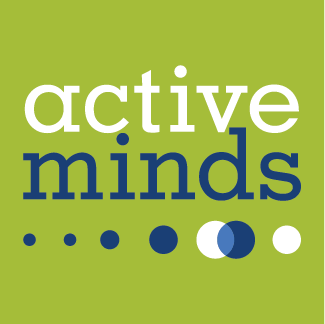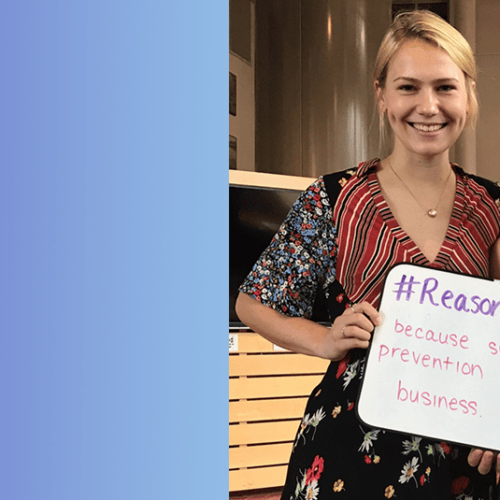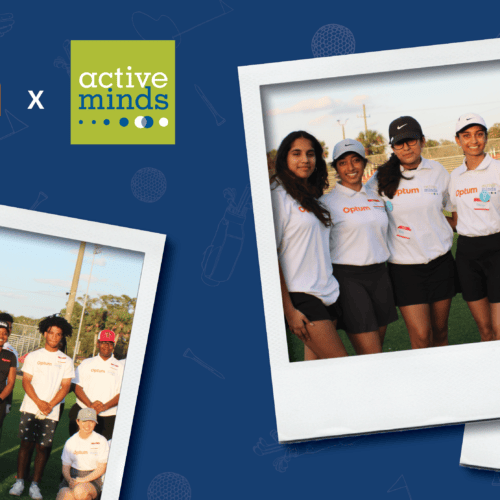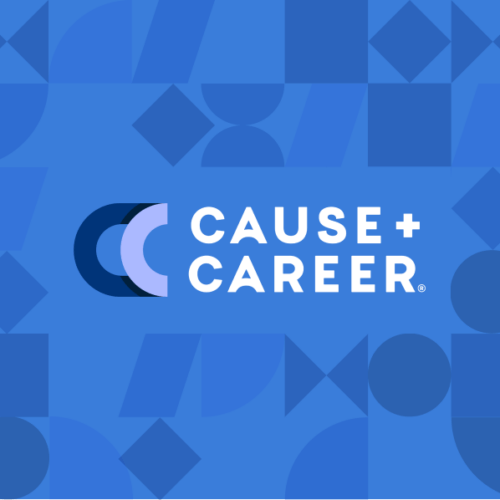Last fall, our chapter partnered with our school’s Counseling Center to begin implementing basic mental health trainings for members of our college community. Over the course of the semester, members of our chapter co-facilitated trainings with members of the Counseling center, educating members of the community on mental health, informing them of available resources, and coaching them on navigating difficult conversations surrounding mental health. We mainly facilitated sessions with athletics teams, but we also held trainings for other leaders on campus and members of our community.
BACKGROUND
In the fall of 2017, our chapter identified what we saw as a gap in mental health education at Colby. We observed that our first-year orientation and other aspects of the Colby curriculum were educating Colby students on a lot of crucial topics that factor into the college experience, such as diversity, sexual misconduct, alcohol safety, etc., but there was little to no education regarding mental health. We hoped to change that.
We met with our chapter advisor and expressed our hopes of introducing some form of basic mental health education into the Colby experience, and our advisor informed us that just a few years prior, members of Counseling Services and a committee of students had created a 90-minute training session geared towards educating students and members of the Colby community on issues pertaining to mental health. The program, called Notice and Connect, aims to educate individuals on how to identify or notice when someone may be struggling with mental health issues, how to express concern and support to someone they are worried about, as well as how to connect individuals of concern with on-campus resources. The program has about a 60-90 minute run time, and sessions are facilitated by one member of Counseling Services and one Colby student. We immediately started working with our advisor on figuring out the best way to begin implementing this program on campus.
We decided to start small by training two Active Minds members to become student facilitators so that we could run some initial pilot sessions. Over a few weeks, our two student facilitators worked with members of Counseling Services to run the program with a few small groups on campus, such as members of Colby Security, Resident Assistants, and Outdoor Orientation Leaders. After the success of those trial sessions, our chapter, our advisor, and Counseling Services collectively decided that we were ready to expand and get the programming out to members of our community on a larger scale.
FOCUS ON ATHLETIC TEAMS
After a bit of thought, we decided that the best way to get the Notice and Connect programming out to more members of the Colby community would be through holding sessions with athletics teams. Since the Notice and Connect training is a rather intimate, hour or more long discussion, it is constructive to run the program with smaller sized groups and groups of individuals who are tight-knit or at least familiar with one another. Thus, athletics teams are an ideal kind of group for this training. And, from a logistical standpoint, athletics teams are also suitable given that members of one team generally have similar schedules. Finally, athletics teams seemed like a good starting point because Colby has SO many student athletes (over 1/3 of our student body), which would allow us to have a pretty broad reach on campus.
We contacted members of the Colby Athletics Department and members of the Student Athletics Advisory Committee and asked for their thoughts and whether they would support this effort, and their response was extremely enthusiastic. The Colby Athletics Department agreed to make it an expectation that every team would go through the Notice and Connect training during the 2018-2019 academic year, and the Student Athletics Advisory Committee offered their support in communicating with teams and facilitating the sign-up process.
Now that we had a large pool of students broken down into conveniently sized groups, we also had to sort out some other logistics. First and foremost, we needed to gather more student facilitators. Over the next few months, we recruited and trained a handful of other student facilitators (mostly Active Minds members). Next, Active Minds members formulated a plan for scheduling sessions; Active Minds members would act as a liaison between Counseling Services and Athletics teams, creating an online sign-up spreadsheet. At the beginning of each month, Active Minds members would reach out to Counseling Services to gather a list of dates on which counselors would be available to run sessions. Active Minds members would then place those dates on a spreadsheet, which was shared with all athletics teams so that teams could sign up for a session. Then, once a team signed up for a session, Active Minds members would book a space on campus to hold the trainings and ensure that the spaces had proper audio-visual equipment set up. This format for sign-ups went smoothly and mitigated any potential burden placed on Counseling Services and/or Athletics teams.
By the end of the Fall 2018 semester, Active Minds and Counseling Services were able to run sessions with about 10 athletics teams (just under half of the athletics teams at Colby). Sessions went well and we received a lot of positive feedback about the program from student-athletes. As we went on, we were able to refine the program and perfect the processes of sign-ups, booking spaces, and other logistics. We scheduled a handful of sessions for the first few weeks of the Spring 2019 semester, and we are looking forward to continuing to spread mental health education and awareness through the program.
LOOKING AHEAD
We are hoping to expand the program to all members of the Colby community – not just student-athletes. While athletics teams are convenient and accessible groups which allowed us to begin the process of introducing this programming to members of the Colby community, we obviously believe that ALL members of our community should have and would benefit from basic mental health education. Thus, Active Minds members are now in the process of discussing ways to expand the program in future years with Counseling Services and Administrators. We are hoping that the Notice and Connect training will eventually be implemented into First-Year Orientation or become a requirement that Colby students must complete within their first year of school.
Ultimately, introducing this program to Colby has been a successful and rewarding pursuit of which our chapter is SO proud. We have heard from many students about how much this training has meant to them and how much they feel they have learned and gained from it. It is our hope that this program will change the way Colby students think about and approach mental health; we hope that this program will create a campus environment in which students feel comfortable and equipped to have difficult conversations surrounding mental health and to support one another through mental health concerns. We also hope that sharing our story and the process of implementing this program through this blog post might encourage and enable other chapters to do the same at their schools.
ADVICE?
1. Creating the program
We were definitely lucky in that our Counseling Center had already created a program, but if you don’t already have a program, I highly recommend working WITH your Counseling Center to create the program. It’s extremely important to have professional, licensed individuals creating this educational programming. While it is crucial that students and members of your chapter are involved as well (because students will know best whether a program will work and be well received by their peers), ensuring that professionals are creating this kind of programming is essential. You want to provide students with the best information, guidance, and resources possible, and licensed professionals are most capable of providing that.
2. Start small
I think the aspect of our program that led us to the most success was choosing to run the program on a smaller scale before attempting to get it out to our entire community. Training just a handful of student-facilitators and running a handful of small sessions before attempting to run the program with a lot of groups was essential as it allowed everyone involved to find their footing and to improve the program and work out kinks in the process before growing everything to a larger scale. I highly encourage other chapters to follow a similar approach.
3. Don’t get down on yourself
One of the most important things I’ve learned in this process is to not get down on yourself when there are hiccups in the process. Specifically, as a student facilitator, there will always be some sessions that run more smoothly than others and some groups/audiences that are more receptive to your message than others. There are always going to be groups and individuals who are anxious or uncomfortable talking about mental health, and those sessions might not feel as successful as other sessions (sessions in which the audience is lively and open-minded). However, when you do have a tough session or any other kind of hiccup or roadblock along the way, I find it helpful to remind yourself why you’re doing what you’re doing; even if an audience isn’t super receptive, they likely still walk away with at least one important piece of information, and you still did your part to de-stigmatize conversation about mental health. Even if only one person was helped or positively impacted throughout all 10 of the sessions that our chapter facilitated, that is still a success.
Colby college is a small, private liberal arts college in Waterville, Maine. We have about 2,000 students at Colby, and the Colby community is a very active one, with over one third of students participating in a varsity sport and many others partaking in intramural/club sports or other extracurricular activities.
In terms of budget, this program hasn’t required a lot of financial resources; what this program does require, though, is a lot of time and dedication on the part of both chapter members and members of other groups such as Counseling Services, College Administration, and other extracurricular organizations like Athletics teams or clubs. This is a program that requires, more than anything else, dedication and collaboration.







